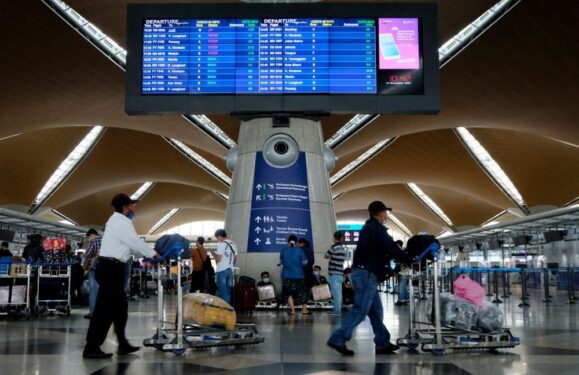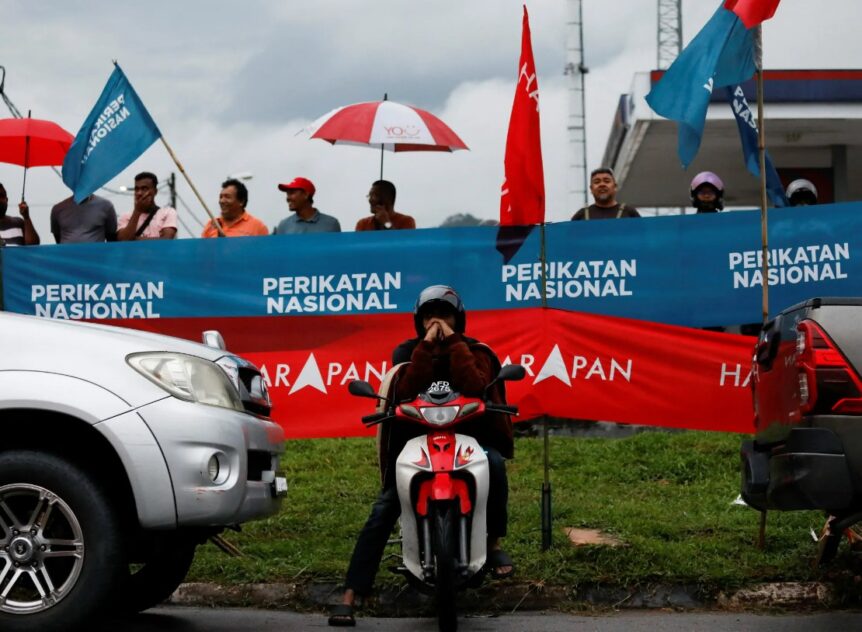A SIMPLER tax system coupled with enhanced enforcement may come in handy for the authorities to plug the RM300 bil hole created by the shadow economy.
The term “shadow economy” typically refers to goods and services that are paid for in cash but are not recorded or declared for tax. These include proceeds from corruption, illegal gambling and illicit trade.
In Malaysia, a major contributor to the shadow economy is the illegal cigarettes trade. This black market cost the country some RM5 bil in uncollected tax revenue every year.
Had the Government capped this major leakage, it would not be forced to dig into the National Trust Fund (KWAN) to pay for the COVID-19 vaccine programme.
Socio-Economic Research Centre executive director Lee Heng Guie observed that Malaysia’s shadow economy is still large compared to other countries even though the situation has improved over the past two decades.
“Increasing burden of tax and social security payments are contributing factors to the shadow economy,” he told FocusM on the sidelines of the recent Malaysian Tax Conference 2021. “This increases the cost of labour as well as incentivise employers and employees to participate in the shadow economy.”
Excessive regulation

On the same note, excessive taxation such as imposing excise duties on the legitimate industries (cigarettes and liquors) to discourage smoking and promoting a healthy lifestyle while raising revenue can also encourage the consumption of illicit products or rampant smuggling activities.
On the contrary, countries with relatively low tax rates, fewer rules and regulations as well as a well-established rule of law tend to have smaller shadow economies.
“In addition, weak governance with an ineffective and discretionary application of the tax system and regulations allows corruption to flourish. Some studies found that more corruption resulted in a larger shadow economy,” Lee pointed out.
“Hefty regulation and compliance expenses raise the cost of labour to firms which pushed businesses towards the shadow economy.”
Further studies show that among 84 developing, transition and advanced economies, a one-point increase in a regulation index (ranging 1 to 5) is associated with a 10% increase in the shadow economy.
In Lee’s estimate, Malaysia’s shadow economy accounts for 21% of its gross domestic product (GDP) or RM300 bil if based on the 2019 GDP nominal value.
“In the long run, this can undermine the tax system, resulting in less revenue for the Government and distorted price as well as curtailed competition in the market,” he noted.
Lee listed three ways leakages from the shadow economy could be tackled, namely (i) reducing the complexity of the tax system which will positively affect compliance levels; (ii) incentivise formal payments for business transactions, and (iii) deployment of big data, analytics, and artificial intelligence.
Other strategies include improved tax administration, increased sharing of intelligence among government agencies, and setting up a task force to monitor sharing and gig economy activities which could contribute to the growth of the shadow economy.
“The effective management of the shadow economy requires actions at all levels, including the Government, cities, local communities, and individuals. This entails a comprehensive national approach,” stressed Lee.
“The first thing we need to do is raise community awareness through education, tell the people that it is their obligation to pay tax so as to support socio-economic development, while the Government and Ministries are made accountable for every ringgit of tax collected and spent.”– May 6, 2021










